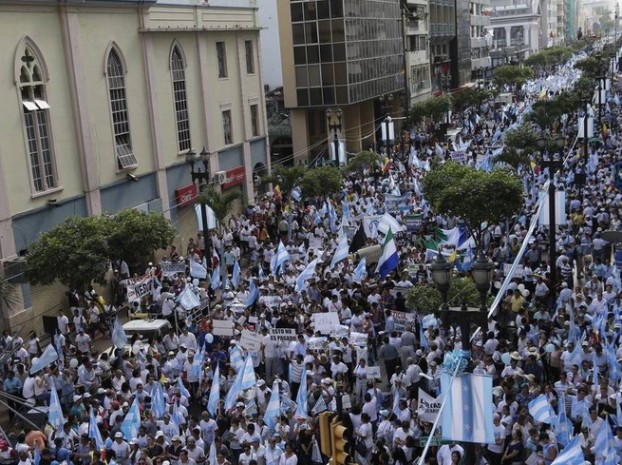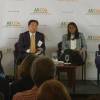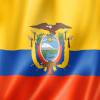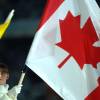Ecuador Internacional
Ecuador vents its presidential ire on the streets ahead of papal visit
Miami Herald 02/07/2015

Foto: Miami Herald
QUITO, ECUADOR - As President Rafael Correa scrambles to roll out the red carpet for the first papal visit in 30 years, many in this Andean nation seem intent on sending their leader a less welcoming message.
On Thursday, for the fourth straight week, protestors will take the streets of major cities, including the capital, to decry Correa’s policies. The tumult comes just days before Pope Francis is scheduled to kick off a South American tour here on Sunday.
The rumblings began in early June over Correa’s proposal to boost the inheritance and capital-gains taxes, but have evolved to include a wide range of gripes. They’re the most sustained protests that Correa — a charismatic socialist and U.S.-educated economist —has faced during his eight years in power.
“The government believes these protests are over the inheritance and capital-gains tax but that’s not the case,” said Andrés Páez, an opposition deputy who has tried to put himself at the front of the movement. “People are protesting because of the continual abuse by the president, people know this situation can’t continue.”
Fueled by social media, the demonstrations began after Correa — inspired by the ideas of French economist Thomas Pikkety — proposed reformulating the taxes as a way to redistribute wealth. Amid the backlash he pulled the initiatives and called for national dialogue, but he’s hinted the tax push will resume once the pope leaves July 8.
The administration says the inheritance tax will only affect the wealthiest 2 percent and help give the poor more opportunity.
“This is aimed at the richest,” Correa told reporters this week. It will “break the inertia, which has lasted centuries, and which has allowed maybe 500 families to dominate us forever — precisely because of the inheritance of that political power.”
He’s painted the protesters as high-class malcontents intent on dodging taxes and upending his “Citizen Revolution.” Borrowing a page from Venezuelan President Nicolás Maduro, Correa has said the protests are part of a larger, internationally backed destabilization plot.
Mesías Tatamuez, the president of the Cedocut labor union, began sporadic marches in 2014 demanding, among other things, the decriminalization of protests and the revocation of a law that allows the government to dissolve civil society organizations if they stray from their stated missions. (That law has been used to go after environmental and free-speech groups.)
Read more
Fuente OriginalNotas relacionadas
-
 Analysis: Liberal Media Lionize Anti-Chevron Lawyer Steve Donziger
Analysis: Liberal Media Lionize Anti-Chevron Lawyer Steve Donziger -
 Caso Sobornos 2012-2016 es destacado en foro sobre lavado en Nueva York
Caso Sobornos 2012-2016 es destacado en foro sobre lavado en Nueva York -
 The Case of Chevron: The Government of Ecuador Has an Opportunity to Combat Corruption and Restore the Country’s Credibility
The Case of Chevron: The Government of Ecuador Has an Opportunity to Combat Corruption and Restore the Country’s Credibility -
 ConocoPhillips Subsidiary Can Enforce $380M Ecuador Award
ConocoPhillips Subsidiary Can Enforce $380M Ecuador Award -
 New conservation area established in the Ecuadorian Amazon Pastaza region
New conservation area established in the Ecuadorian Amazon Pastaza region -
 Ontario defiende el estado de derecho, rechaza demanda contra Chevron Canadá
Ontario defiende el estado de derecho, rechaza demanda contra Chevron Canadá
